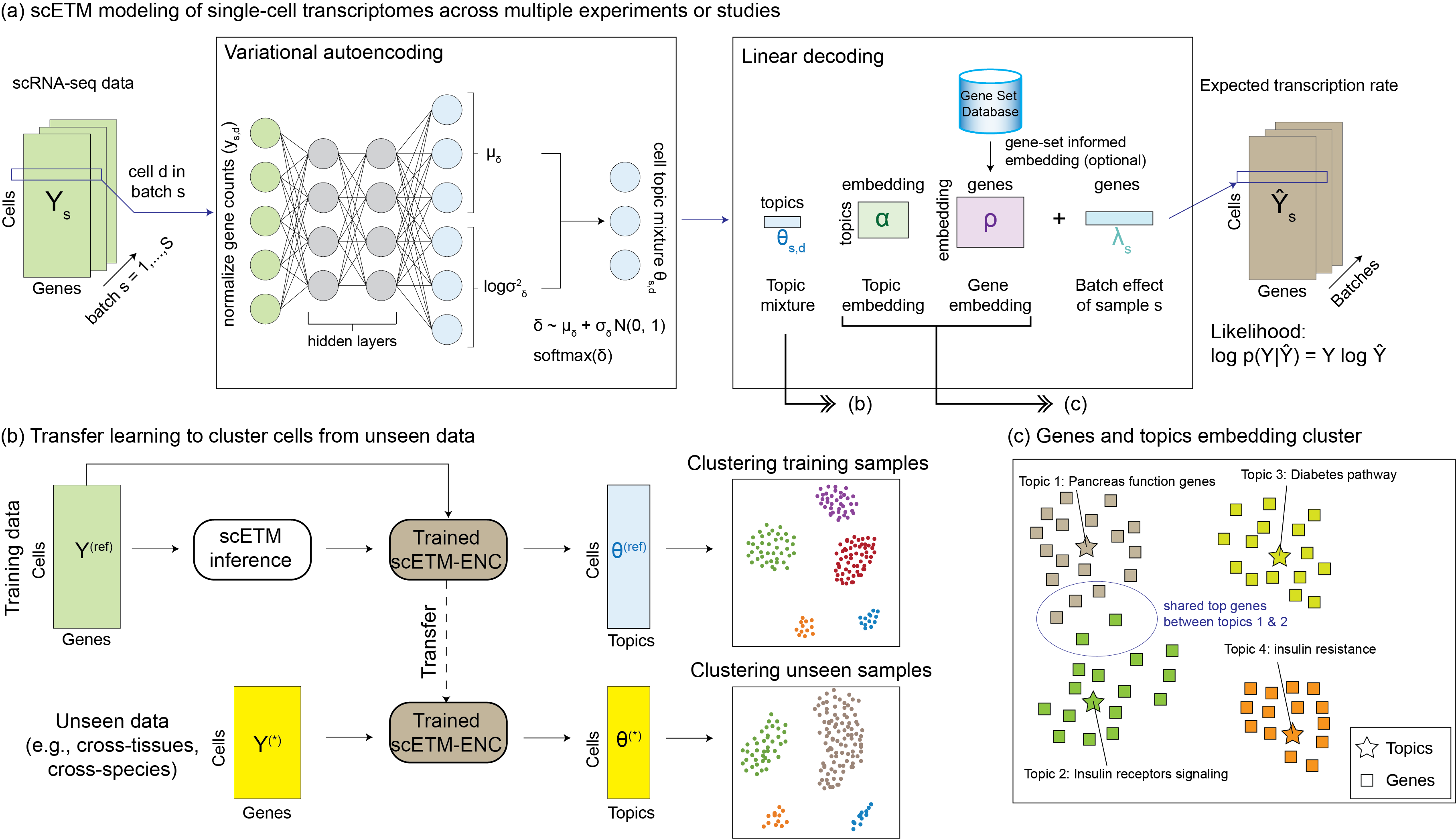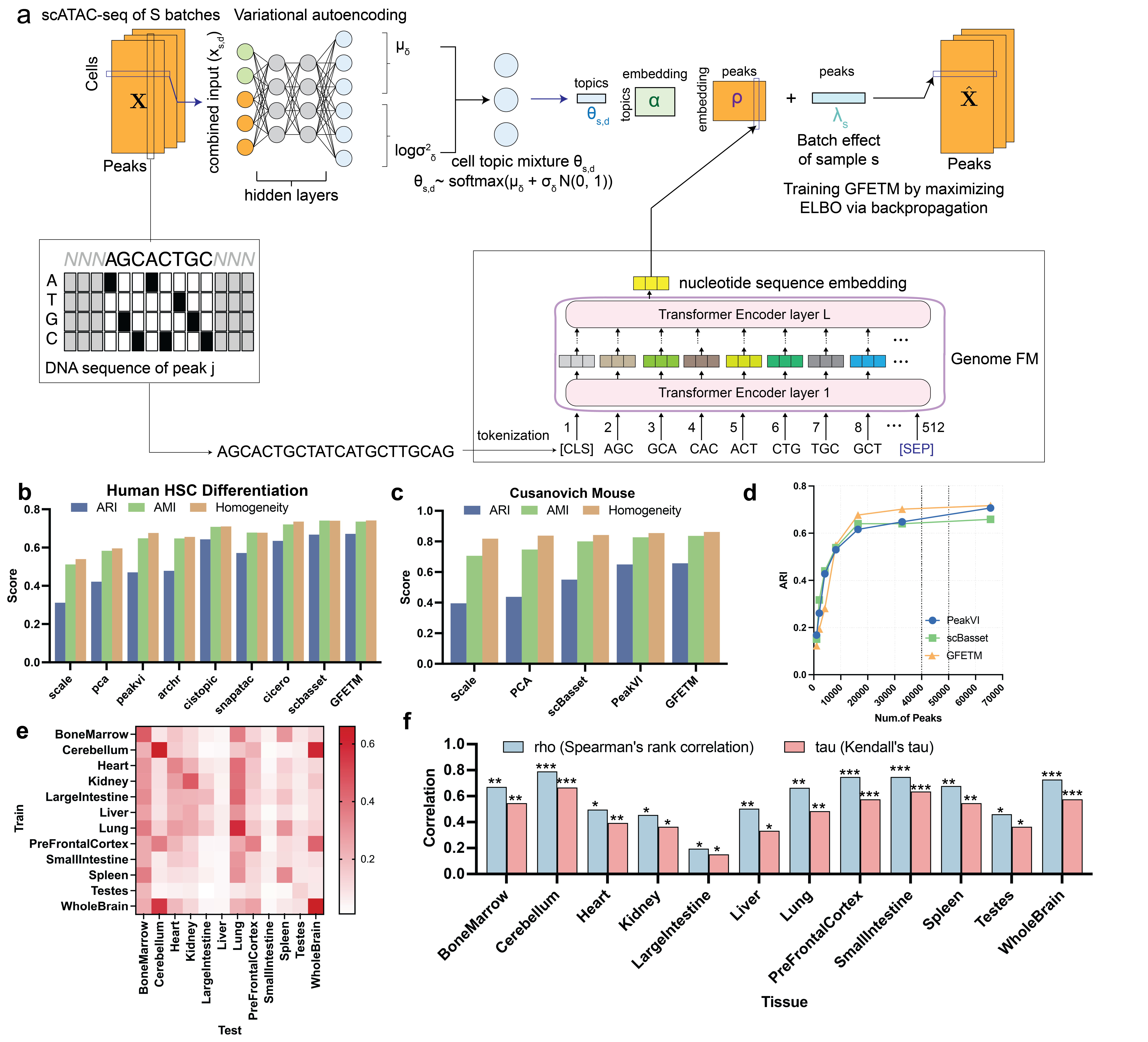Recent Research Highlights
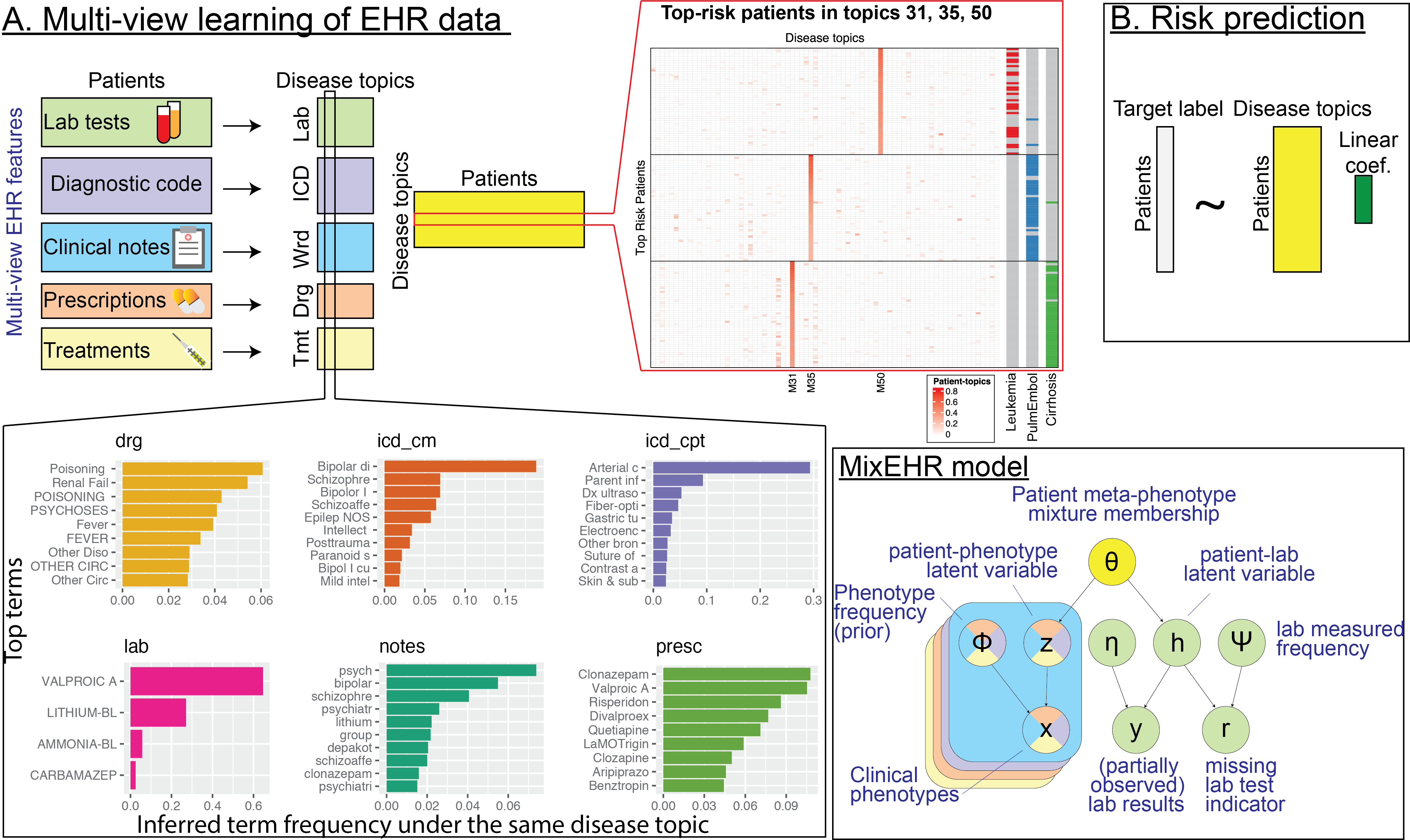
Multimodal EHR integration
Inferring multimodal latent topics from electronic health records. Nature Communications 2020
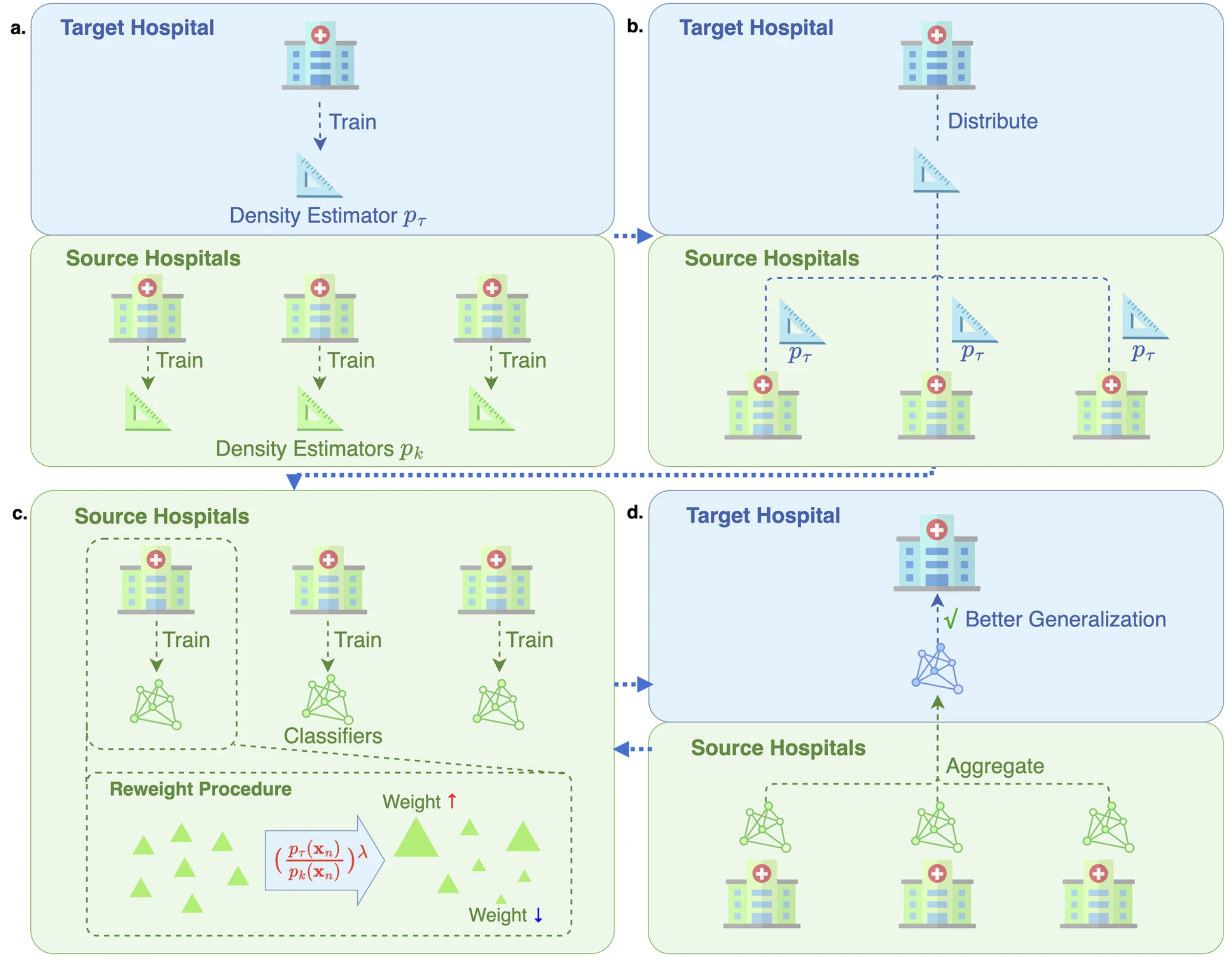
Federated learning in EHR
FedWeight: mitigating covariate shift of federated learning on EHR data through patients re-weighting. npj Digital Medicine 2025
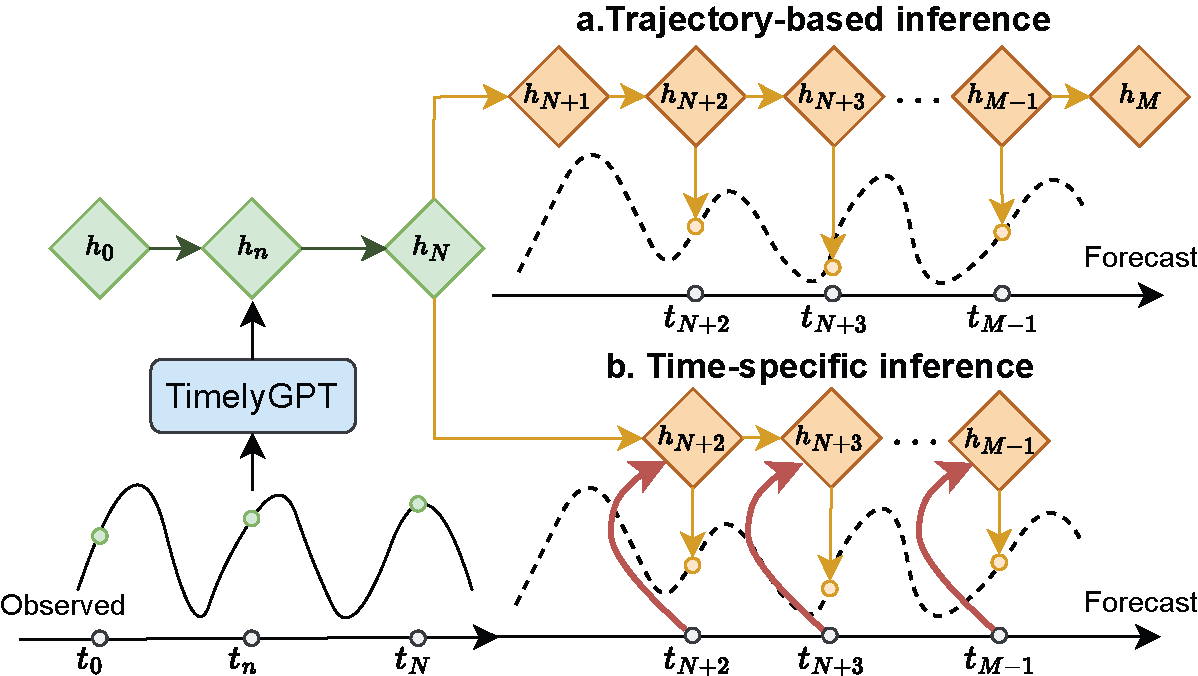
Time-series health forecasting
TimelyGPT: Extrapolatable Transformer Pre-training for Long-term Time-Series Forecasting in Healthcare. Health Information Science and Systems 2025
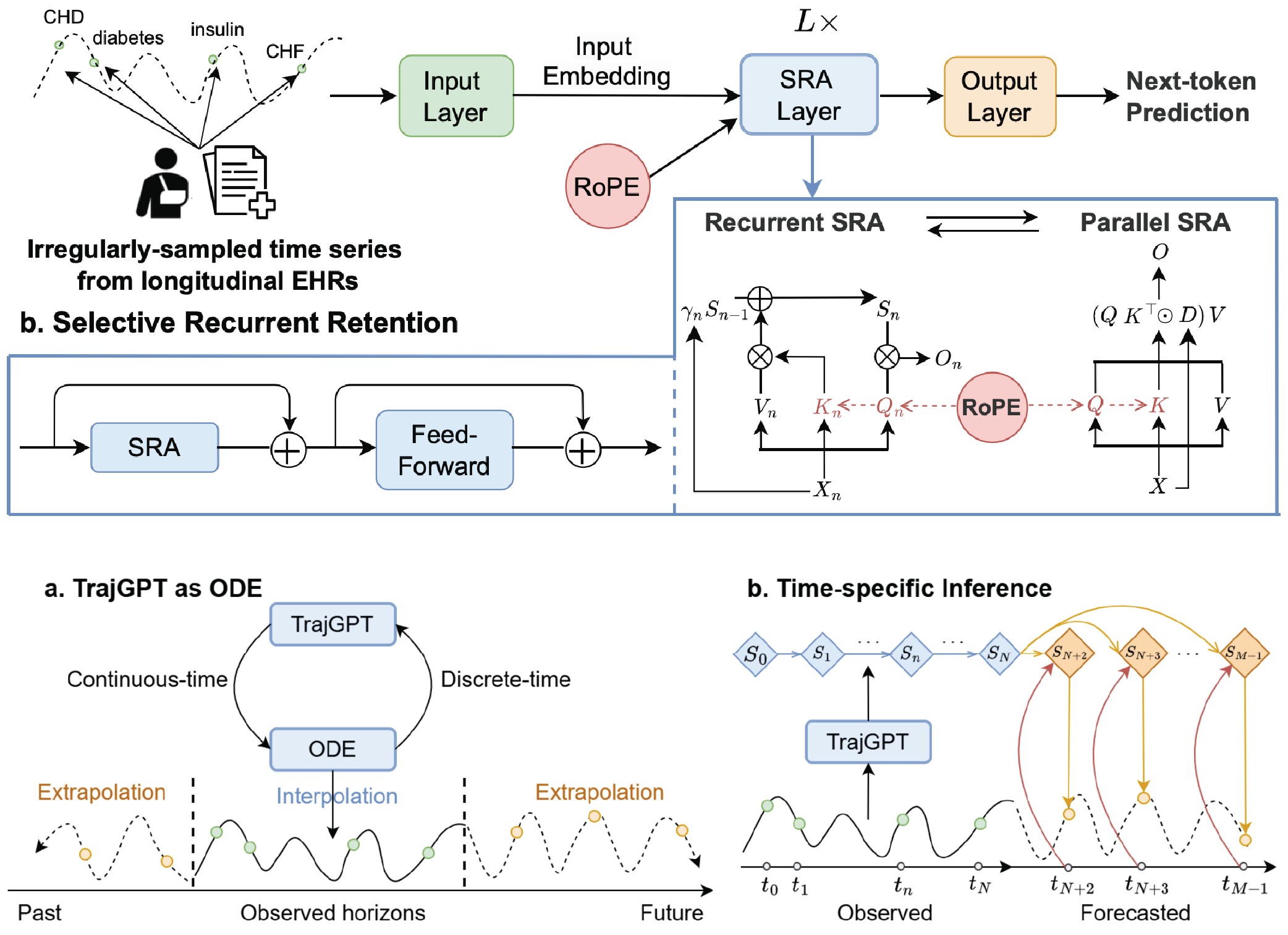
Irregular time-series health forecasting
TrajGPT: Irregular Time-Series Representation Learning of Health Trajectory. IEEE Journal of Biomedical and Health Informatics 2025
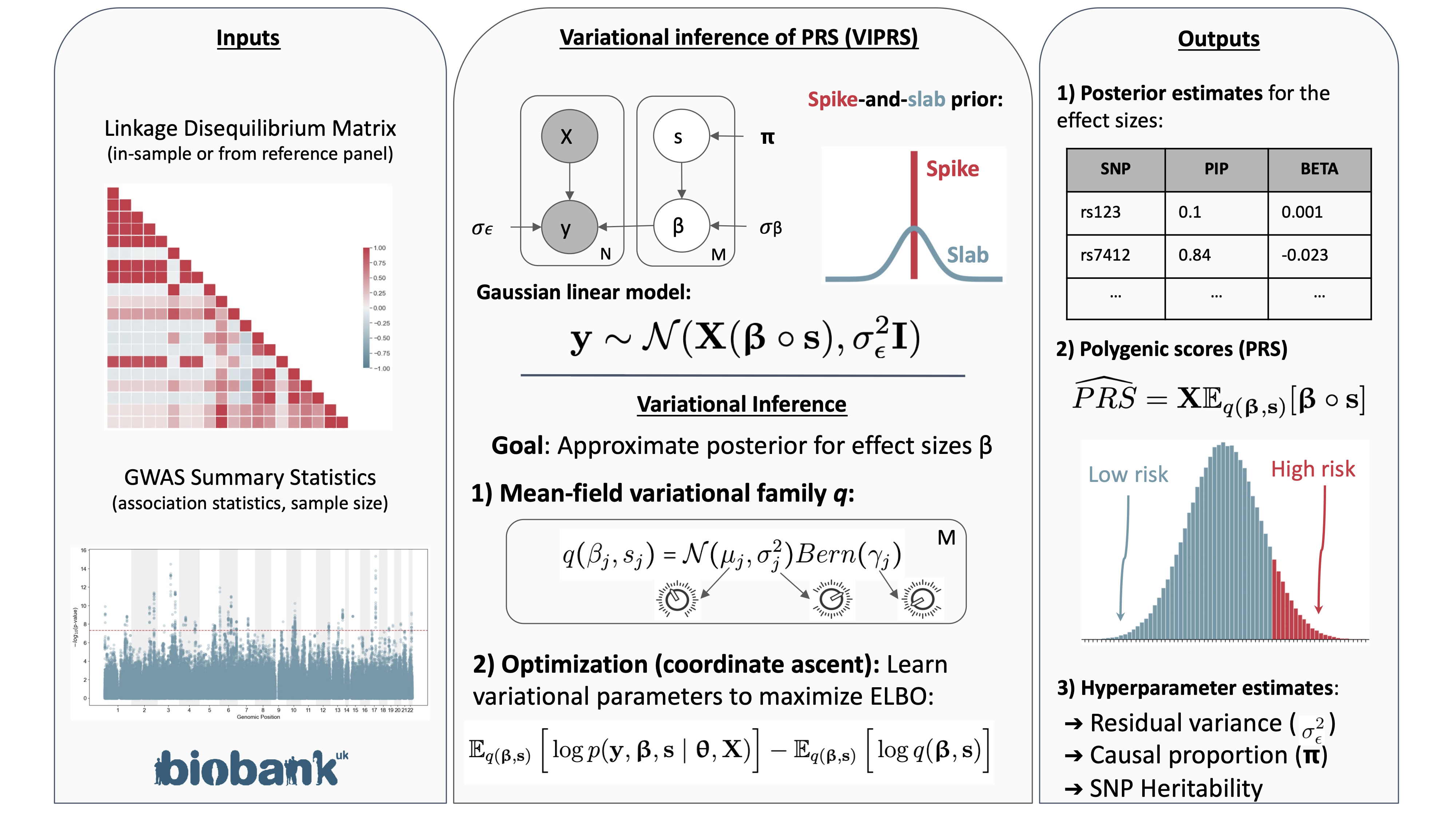
Bayesian polygenic risk score inference
Fast and Scalable Polygenic Risk Modeling with Variational Inference. American Journal of Human Genetics 2023
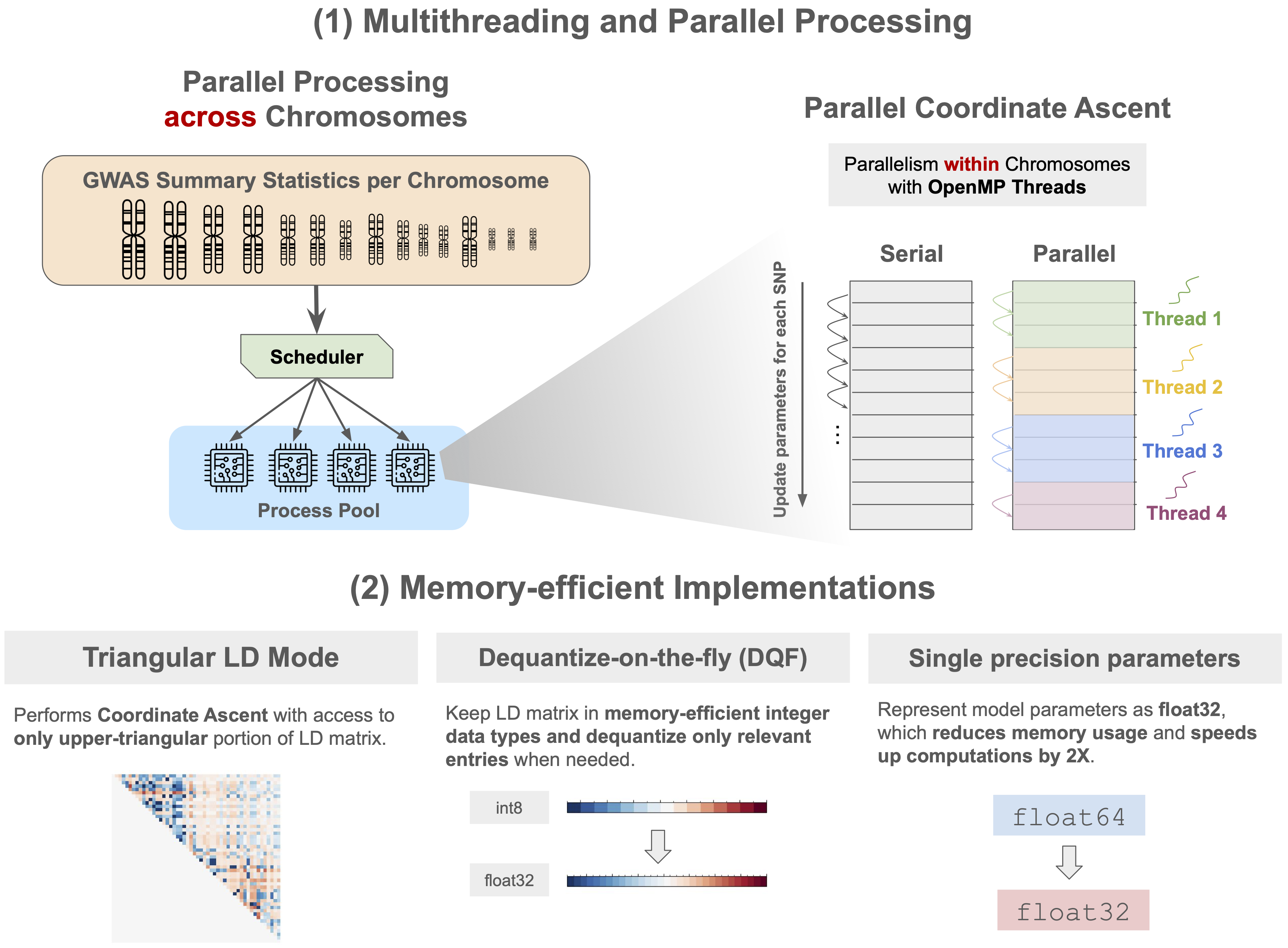
Ultra-efficient polygenic risk score inference
Toward whole-genome inference of polygenic scores with fast and memory-efficient algo-rithms American Journal of Human Genetics 2025
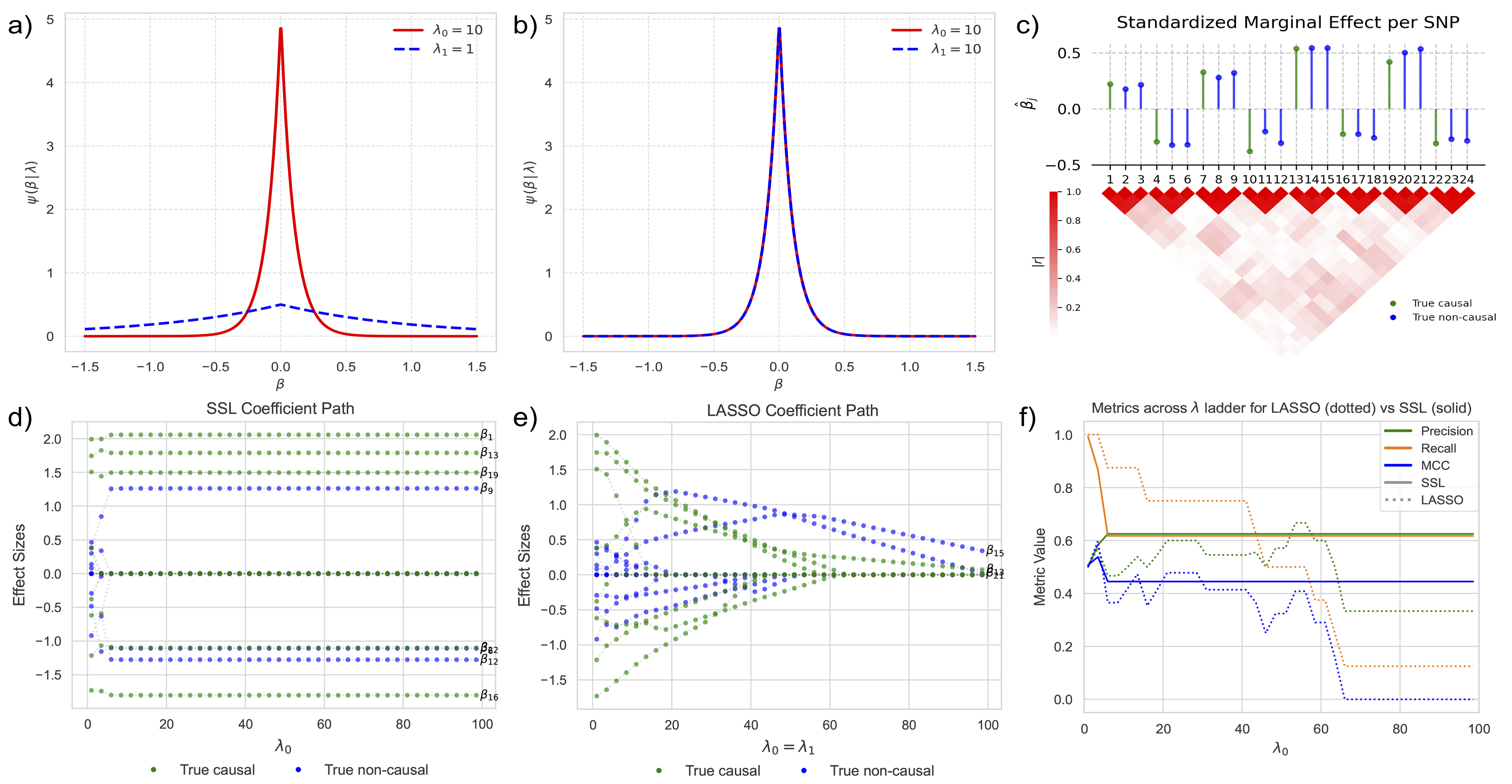
Bayesian PRS inference with Spike-and-Slab LASSO prior
Sparse Polygenic Risk Score Inference with the Spike-and-Slab LASSO. Bioinformatics 2025
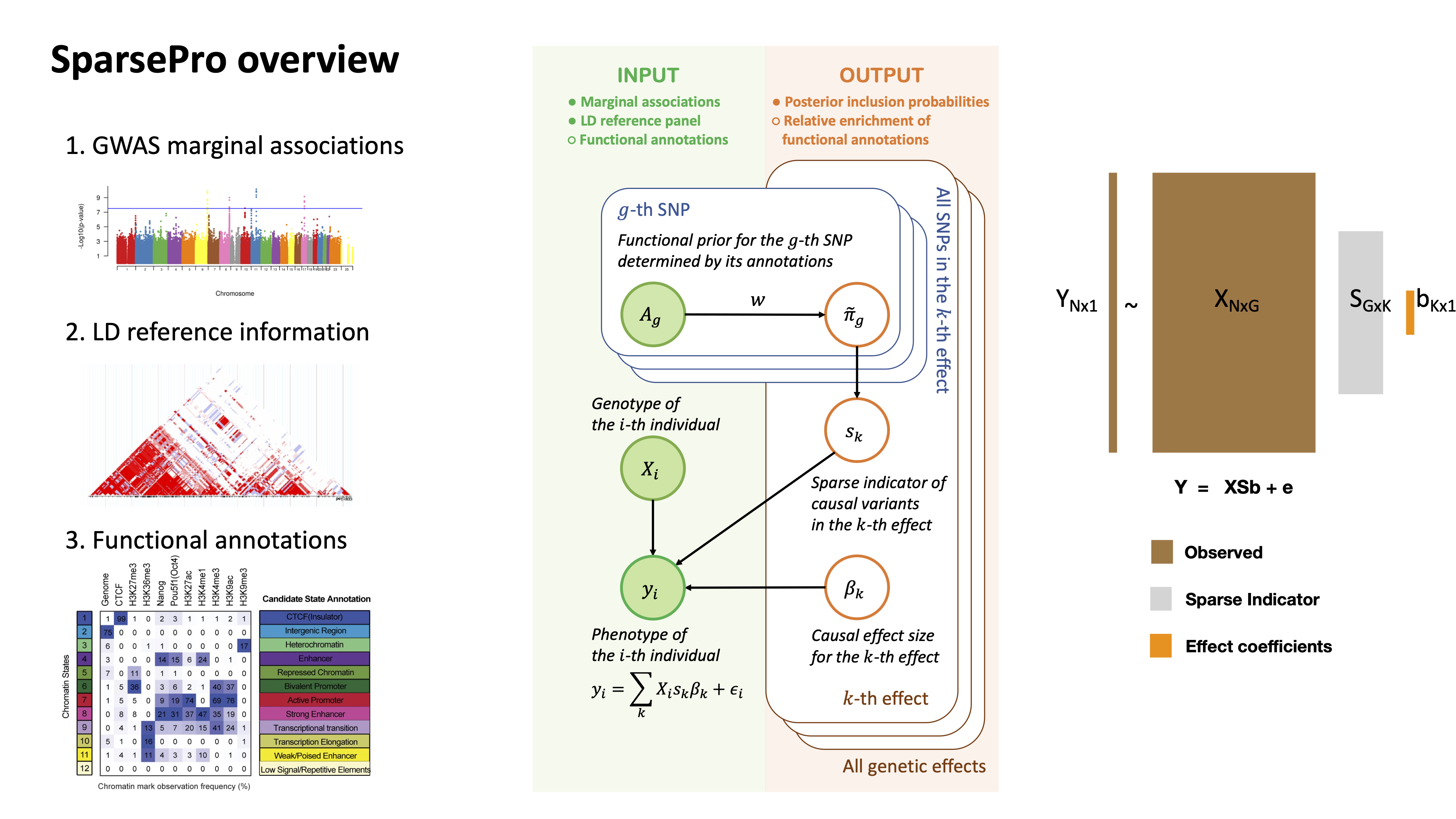
Inferring causal genetic variants
SparsePro: an efficient genome-wide fine-mapping method integrating summary statistics and functional annotations. PLOS Genetics 2023
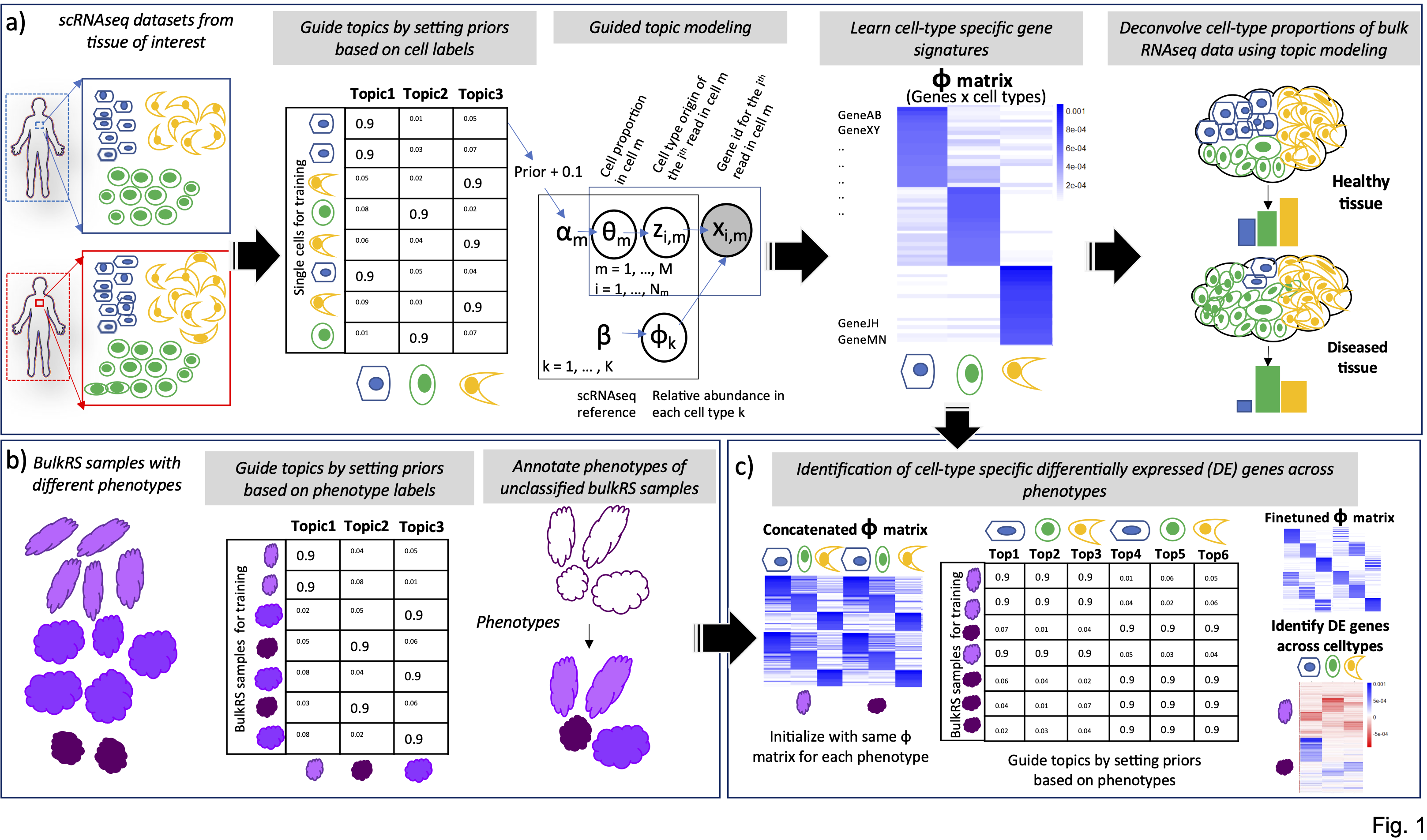
Cell-type deconvolution
Guided-topic modelling of single-cell transcriptomes enables joint cell-type-specific and disease-subtype deconvolution of bulk transcriptomes with a focus on cancer studies. Genome Biology 2023
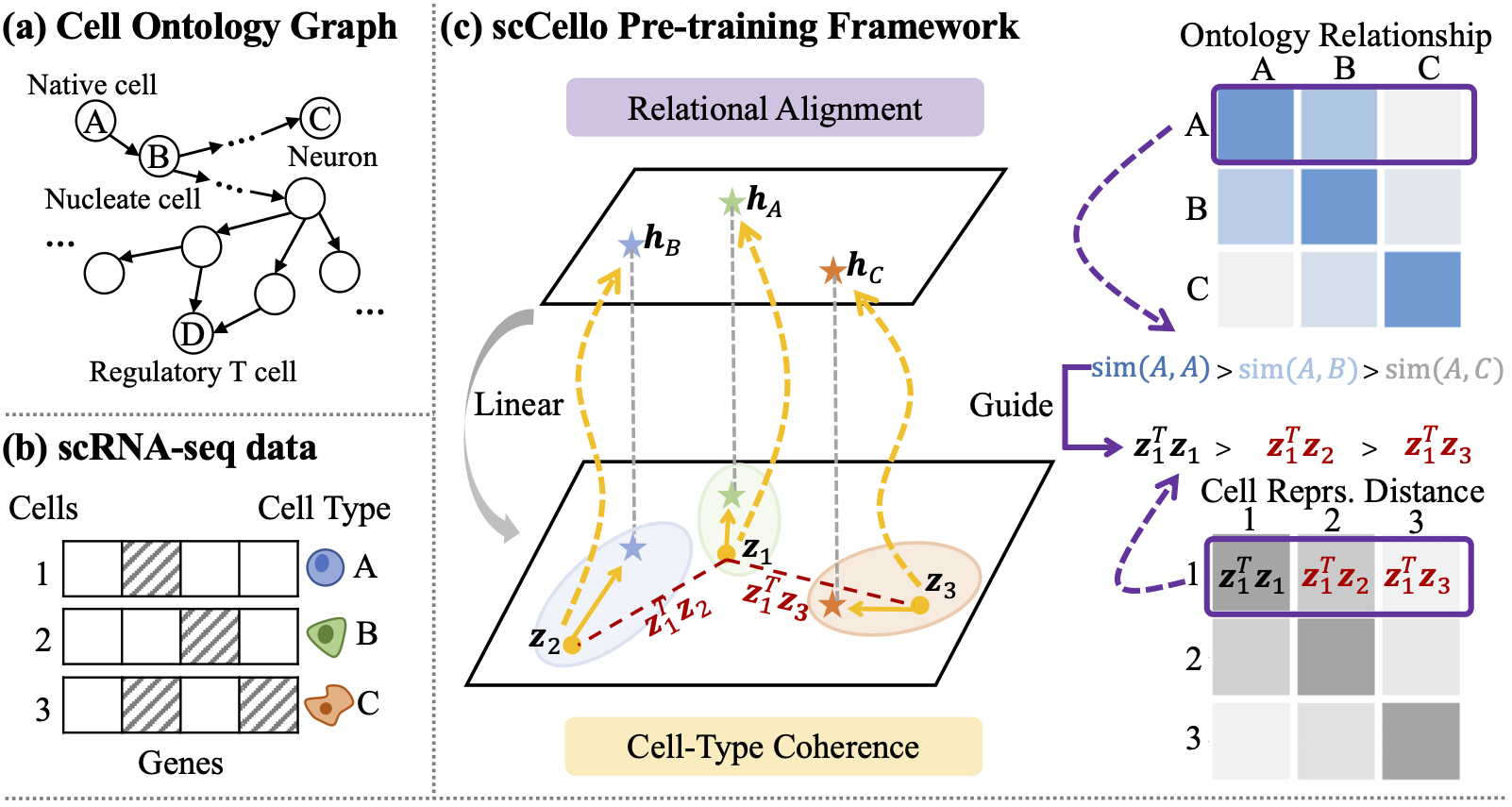
Single-cell foundation model
Cell ontology guided transcriptome foundation model. NeurIPS 2024 spotlight.
